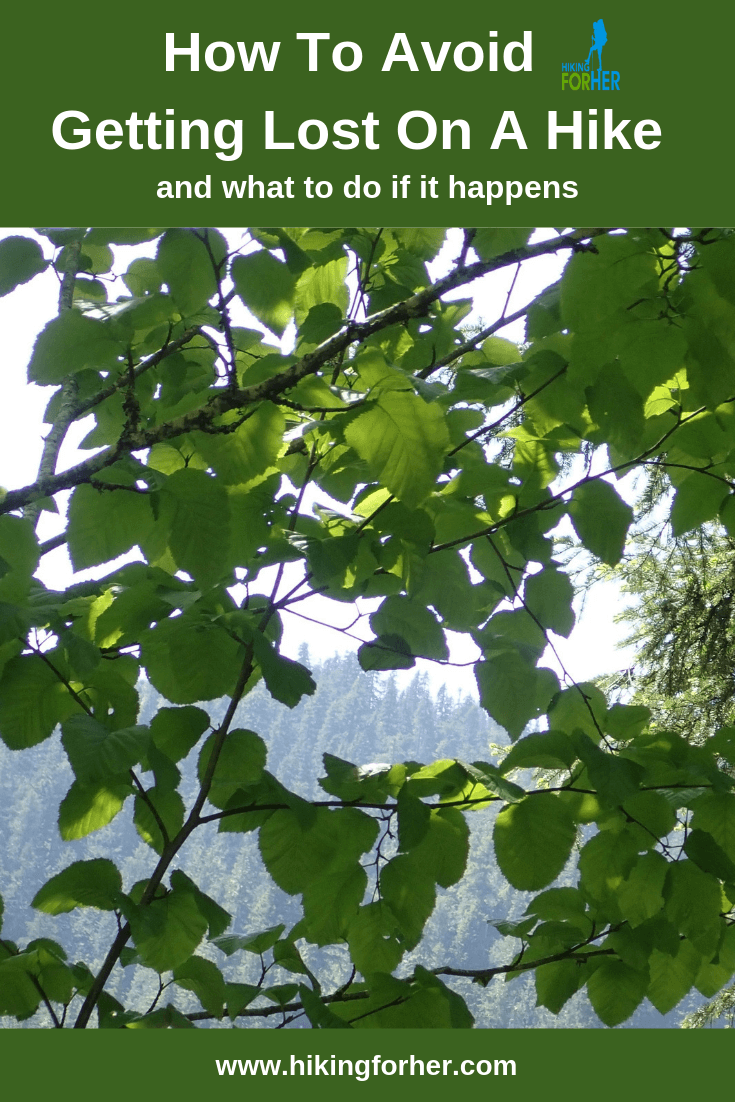The Day My Overconfidence Nearly Cost Me Everything on the Trail | by Trail Running in Bryce | Jul, 2025

Every experienced hiker has that one story that changed everything. This is mine.
I used to be that hiker. You know the type — the one who rolled their eyes at “overprepared” hikers with their extensive first aid kits and detailed emergency plans. I had been hiking for over a decade without a single serious incident. I knew these mountains like the back of my hand. What could possibly go wrong?
October 15th, 2022, started like any other weekend adventure. I was tackling a familiar 12-mile loop in the North Cascades, a trail I’d completed dozens of times. The weather forecast looked perfect — sunny, 65°F, light winds. I packed light: just my day pack with some snacks, a water bottle, and my phone. No first aid kit, no emergency shelter, no signaling devices. After all, I’d be back before sunset.
Three hours into the hike, everything changed in an instant.
I was navigating a section of trail that had been recently rerouted due to a landslide. Confident in my abilities, I decided to take what I thought was a shortcut through some unmarked terrain. The path seemed obvious enough — follow the ridgeline, drop down through the trees, and reconnect with the main trail below.
Thirty minutes later, I realized I had no idea where I was.
The “obvious” path had disappeared into dense undergrowth. The ridgeline I thought I was following had somehow become a maze of false summits and dead-end ravines. Worse yet, thick clouds had rolled in, obscuring the landmarks I usually relied on for navigation. My phone showed no signal, and the battery was already down to 40% from constantly checking my location.
The emergency signaling equipment I wish I had carried that day.
As afternoon turned to evening, my situation became increasingly desperate. The temperature was dropping faster than I expected, and I was wearing nothing more than a light fleece over a t-shirt. I had consumed most of my water during my frantic attempts to find the trail, and my single granola bar was long gone.
That’s when the real learning began. Without proper emergency equipment or knowledge, I made every mistake in the book. I kept moving in the dark, burning precious energy and getting more lost. I tried to conserve my phone battery by turning it off completely, only to realize later that search and rescue teams could have potentially tracked my last known location if I’d left it on. I had no way to signal for help, no emergency shelter, and no backup plan.
I spent the longest night of my life shivering under a makeshift shelter of pine branches, listening to every sound in the forest and wondering if I’d ever see my family again. The temperature dropped to near freezing, and I was wholly unprepared for an overnight stay in the wilderness.
Dawn brought mixed blessings. The clouds cleared, allowing me to get my bearings and finally recognize a distant peak. But I was hypothermic, dehydrated, and had developed a significant ankle injury from stumbling around in the dark. It took me another four hours of careful navigation to reach a point where my phone got signal and I could call for help.
Proper wilderness first aid knowledge could have prevented my ankle injury from worsening.
The search and rescue team found me three hours later, mildly hypothermic and severely humbled. The EMT who treated me shared something that stuck with me: “Experience is only valuable if it’s paired with preparation. You survived this time because you got lucky, not because you were ready.”
That experience completely transformed my approach to hiking. I realized that all my years of “incident-free” hiking hadn’t made me safer — they had made me complacent. I enrolled in wilderness first aid courses, invested in proper emergency equipment, and most importantly, developed a systematic approach to trip planning and emergency response.
The irony wasn’t lost on me: I thought I was an experienced hiker, but I lacked the most crucial knowledge of all — what to do when things go wrong. I knew how to read topographic maps and navigate in good conditions, but I had never learned proper emergency procedures, signaling techniques, or survival priorities.
Every hiking trip now begins with thorough preparation: detailed emergency plans, proper gear selection, weather assessment, and most importantly, a solid understanding of emergency procedures. I carry signaling devices, emergency shelter, and comprehensive first aid supplies. More than that, I actually know how to use them effectively.
My overconfidence nearly cost me everything. The wilderness doesn’t care about your experience level if you’re not properly prepared for emergencies. Whether you’re a day hiker or a backcountry veteran, having a systematic approach to emergency response can literally save your life.
Since that humbling experience, I’ve made it my mission to help other hikers avoid the same mistakes. That’s why I’ve put together a comprehensive resource covering everything from prevention strategies to evacuation procedures.
Learn essential wilderness emergency response techniques
Looking back, my near-disaster taught me several crucial lessons that every hiker should internalize:
Experience without preparation is dangerous overconfidence. Years of incident-free hiking had made me complacent rather than skilled. True wilderness competence requires both experience and systematic preparation for when things go wrong.
Emergency situations cascade quickly. What started as a minor navigation error quickly compounded into hypothermia, dehydration, and injury. Understanding how to break these cascading failures is crucial for survival.
The right gear is worthless without the right knowledge. Even if I had carried emergency equipment that day, I wouldn’t have known how to use it effectively. Skills matter more than stuff, but you need both.
Today, I approach every hike — even familiar day hikes — with respect for the wilderness and preparation for the unexpected. That night in the Cascades was terrifying, but it gave me something invaluable: the knowledge that confidence without competence is just arrogance waiting to be humbled.
The mountains are still calling, and I’m still answering. But now I go prepared for whatever they might teach me.


